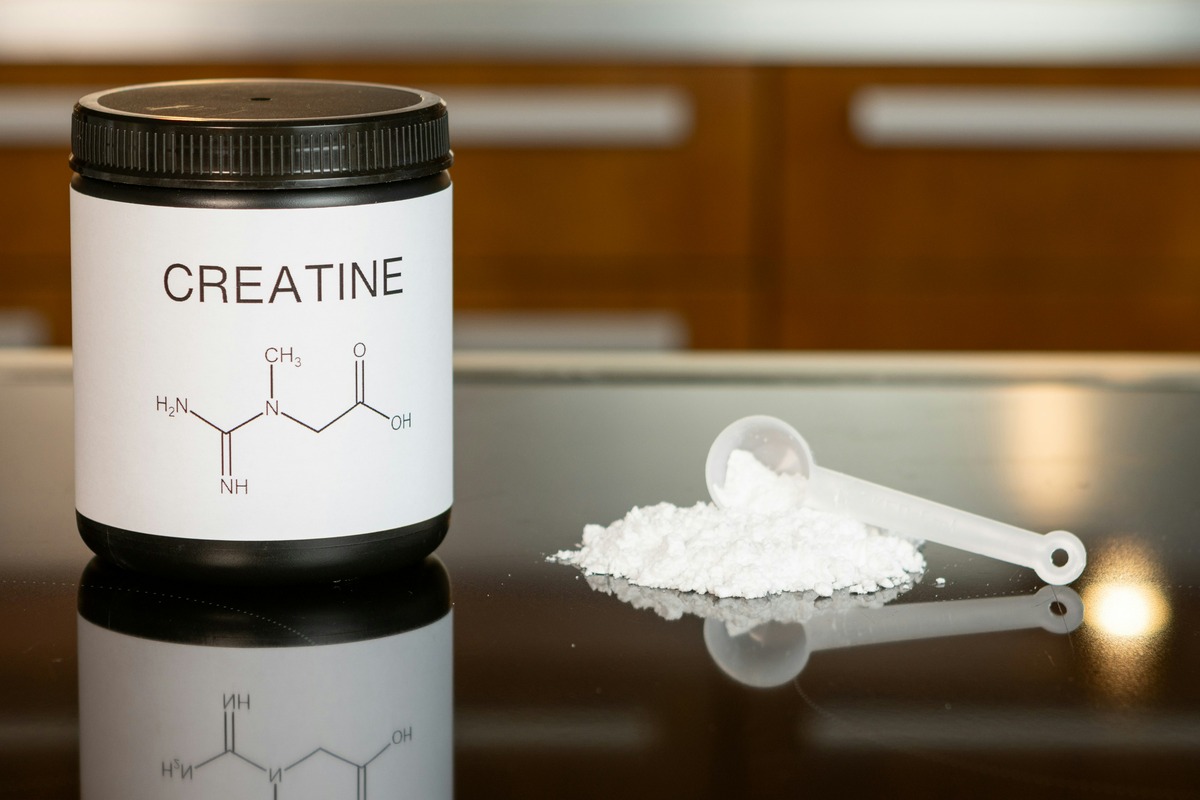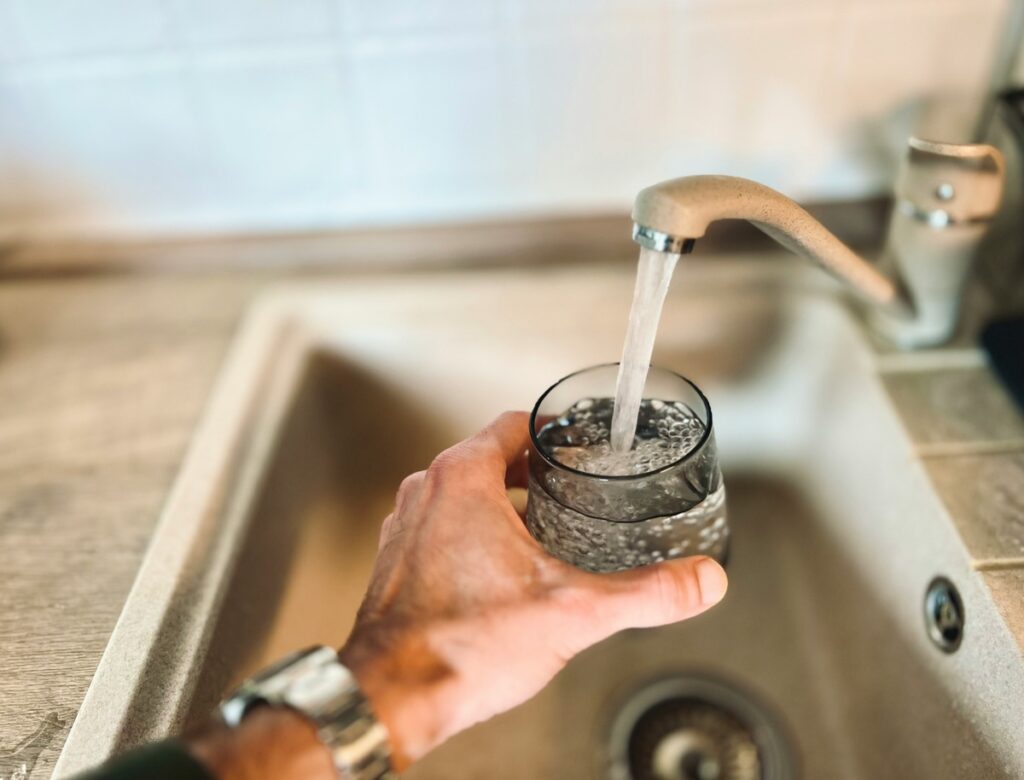
Unlock Your Strength: Why Creatine is Key for Women’s Wellness
As I entered my thirties, or “the third floor,” I began focusing more on strength and resistance training. I had always been hesitant about using supplements like creatine, unsure of the benefits for women. In the fitness world, creatine is hailed as one of the most effective performance enhancers, especially for resistance training. Historically, most research and usage focused on men, but there’s growing interest in how creatine benefits women.
The more I looked into it, the more I realized creatine offers significant advantages for healthy women, especially those hitting the weight racks. In this blog post, we’ll explore the benefits, potential drawbacks, and why the positives might outweigh the negatives for women. It’s a topic I’ve recently reconsidered, and I encourage all women to rethink whether creatine should be part of their gym routine or post-workout shake.
The Benefits of Creatine for Women
Improved Muscular Performance
Creatine supplementation is well-supported by research as an effective means to improve muscle strength and power. In older women, short-term creatine use has been shown to increase both strength and lower-body functional performance. This is critical for maintaining independence and reducing the risk of falls as one ages (Gotshalk et al., 2007). Across the lifespan, creatine supplementation has been beneficial in improving strength and exercise performance in both pre- and post-menopausal women. Notably, when combined with high doses, creatine has been shown to enhance skeletal muscle size and function, making it a valuable supplement for women engaged in regular strength training (Smith-Ryan et al., 2021).
As someone who prioritizes strength training in my fitness routine, I’ve noticed a significant boost in my power and endurance since incorporating creatine. Whether I’m pushing through a tough set of squats or challenging myself with new resistance exercises, creatine has helped me achieve greater muscle gains and improved my overall performance in the gym.
Cognitive and Mood Benefits
Beyond physical benefits, creatine may also positively impact mood and cognition. This is particularly relevant for women, as hormonal fluctuations throughout life can affect mental health. Creatine’s potential to restore brain energy levels and maintain homeostasis offers promising benefits for mood stabilization and cognitive function, particularly during challenging periods such as menopause (Smith-Ryan et al., 2021).
Balancing a busy lifestyle while maintaining my fitness goals can sometimes feel overwhelming. I’ve found that creatine not only supports my physical performance but also helps stabilize my mood and keep my mind sharp. Whether I’m tackling a high-intensity workout or managing daily stress, creatine has become an essential part of my wellness routine.
Support for Bone Health
While the impact of creatine on bone health alone may be limited, when combined with resistance training, creatine supplementation can help preserve bone mineral density (BMD), particularly in postmenopausal women. This is crucial for reducing the risk of osteoporosis and fractures, which are common concerns as women age (Chilibeck et al., 2015).
As someone who’s focused on long-term health and longevity, maintaining strong bones is a top priority. By combining creatine with my regular strength training, I feel more confident about protecting my bone health as I age. This combination has allowed me to continue pushing my limits in the gym without worrying about potential bone-related issues down the road.
Enhanced Muscle Recovery
Creatine may also aid in muscle recovery post-exercise, helping women to train harder and more frequently. This can lead to greater gains in muscle mass and strength over time, further supporting overall health and fitness goals (Medeiros et al., 2010).
Intense workouts are a regular part of my fitness routine, and recovery is key to sustaining my progress. Since I started using creatine, I’ve noticed faster recovery times, which allows me to train more consistently and achieve better results. This has been a game-changer in helping me stay on track with my fitness goals without feeling overly fatigued.
Potential Negative Findings
Limited Effects on Bone and Muscle Mass Alone
While creatine supplementation combined with resistance training shows promise for bone health, its effects on improving bone density, lean mass, and muscle function in women when used alone are less clear. Studies have found that long-term creatine use did not significantly enhance these parameters in older postmenopausal women. This suggests that creatine is most effective when used in conjunction with other interventions such as resistance training (Sales et al., 2020).
No Significant Impact on Body Composition
Low-dose creatine supplementation over a one-year period did not produce significant changes in body composition, including body weight, BMI, body fat, or lean mass in postmenopausal women. This suggests that dosage and duration are important factors in realizing the full benefits of creatine (Lobo et al., 2015).
Safety Considerations
On the positive side, research has consistently shown that creatine does not adversely affect renal function or other key health markers. This makes it a safe supplement for long-term use, even in older populations (Neves et al., 2011).
Conclusion
In summary, while there are some limitations, the positives of creatine supplementation far outweigh the negatives for women. Creatine offers significant advantages in strength, cognitive support, and potential bone health when combined with resistance training. The safety profile and benefits make creatine valuable for women optimizing their health and fitness. I encourage all women to explore how creatine can enhance their strength, performance, and well-being. However, choose high-quality creatine monohydrate from reputable brands like Thorne or Transparent Labs for safety and effectiveness.
References
- Gotshalk, L., Kraemer, W., Mendonca, M. A. G., Vingren, J., Kenny, A., Spiering, B., Hatfield, D., Fragala, M., & Volek, J. (2007). Creatine supplementation improves muscular performance in older women. European Journal of Applied Physiology..
- Smith-Ryan, A., Cabre, H. E., Eckerson, J., & Candow, D. (2021). Creatine Supplementation in Women’s Health: A Lifespan Perspective. Nutrients.
- Chilibeck, P., Candow, D. G., Landeryou, T., Kaviani, M., & Paus-Jenssen, L. (2015). Effects of Creatine and Resistance Training on Bone Health in Postmenopausal Women. Medicine and science in sports and exercise.
- Medeiros, R. J. D., Santos, A. A. D., Ferreira, A. C. D., Ferreira, J. J., Carvalho, L. C., & Sousa, M. (2010). Effect of creatine supplementation in maximal strength and electromyogram amplitude of physically active women. Revista Brasileira De Medicina Do Esporte.
- Sales, L. P., Pinto, A., Rodrigues, S. F., Alvarenga, J. C., Gonçalves, N., Sampaio-Barros, M., Benatti, F., Gualano, B., & Pereira, R. R. R. (2020). Creatine supplementation (3 g/day) and bone health in older women: a 2-year, randomized, placebo-controlled trial. The Journals of Gerontology. Series A, Biological Sciences and Medical Sciences.
- Lobo, D., Tritto, A. C. C., da Silva, L. R. L., Oliveira, P., Benatti, F., Roschel, H., Niess, B., Gualano, B., & Pereira, R. (2015). Effects of long-term low-dose dietary creatine supplementation in older women. Experimental Gerontology.



